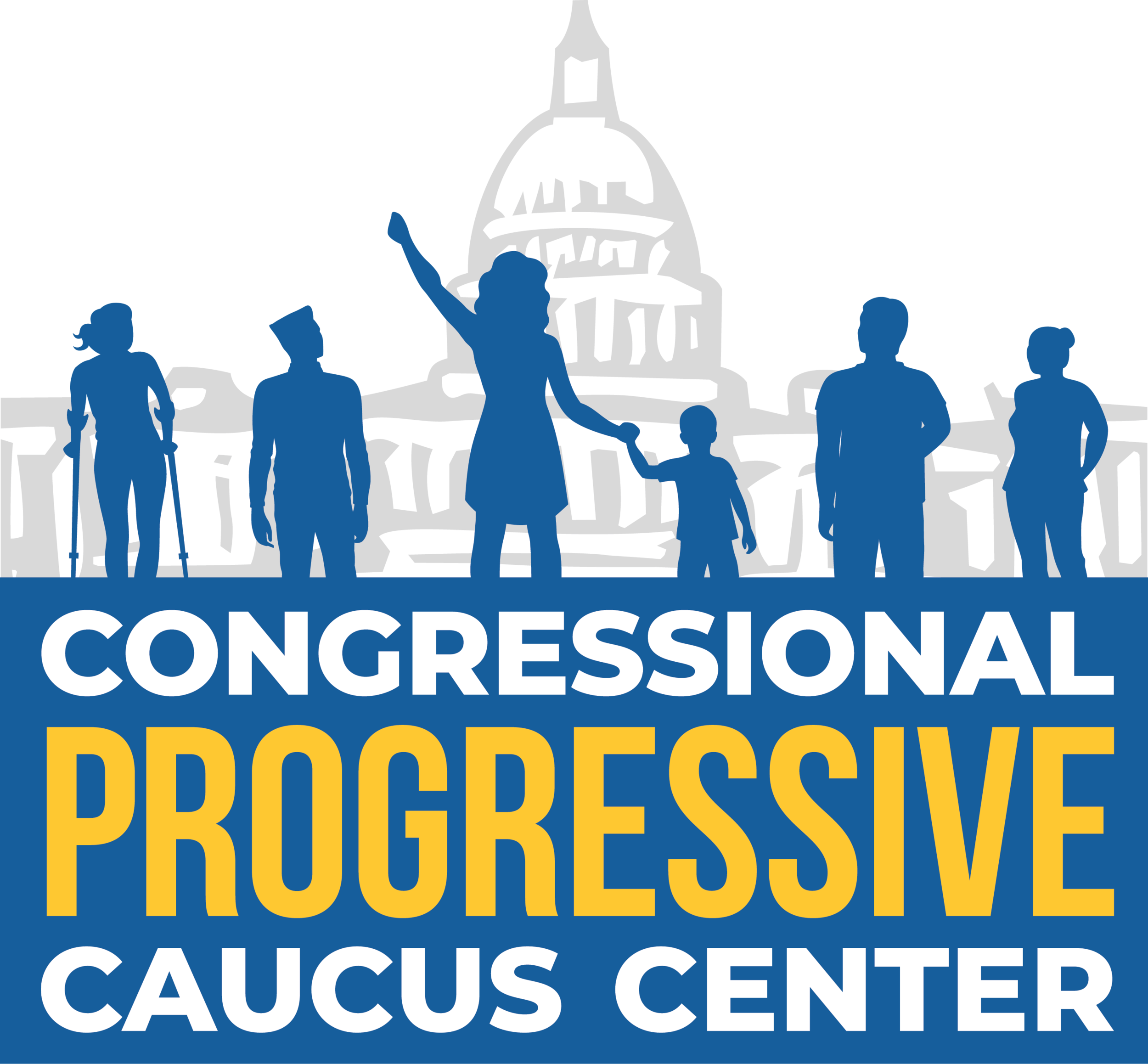Dismantling the War on Drugs with Federal Marijuana Decriminalization
Last Updated April 20, 2022
Introduction
Thirty-seven states and the District of Columbia have decriminalized marijuana or authorized its medicinal use despite federal prohibition. State ballot initiatives to legalize marijuana across the country have successfully passed in thirteen states and D.C., often with bipartisan public support. Some opinion polls show more than two in three Americans support medical and recreational use nationwide.
Nevertheless, hundreds of thousands of people are still arrested and jailed for marijuana possession every year as a result of current federal marijuana policy. Black and brown people are four times more likely to be arrested for marijuana possession than white people, attributable to racist drug stereotypes that endorse falsehoods about higher rates of marijuana usage and violence among minorities. In 2020, an estimated 350,150 arrests were made for marijuana-related violations, of which, 91% (317,793) were possession-only offenses. This is in spite of 18 states and Washington D.C having legalized adult-use of recreational cannabis, an industry now worth $61 billion. Instead of re-examining current prohibitions on marijuana given the lengthy history of discrepancies in arrests, sentencing, and inadequate treatment for drug addiction within the carceral system, U.S drug policies continue to fuel a War on Drugs that has cost Americans more than $1 trillion.
To respond to these challenges, members of Congress have introduced a number of legislative reforms in the 117th Congress that would make changes (of varying degrees) to the current prohibition on marijuana at the federal level. Some of these initiatives can be found below.


